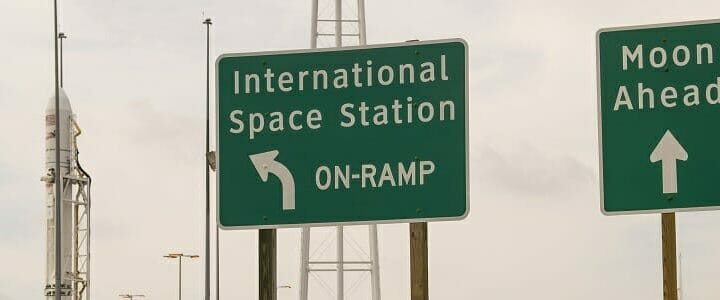Rocket Lab, one of several new companies vying to provide rides to space for the growing small-satellite market, says it intends to build a launch pad at NASA’s Wallops Flight Facility on Virginia’s Eastern Shore – generating scores of employment opportunities in the process.
The site, which Rocket Lab announced Oct. 17, will “create around 30 jobs immediately” in construction and day-to-day operations, the company said. That number is expected to grow to about 100 as the launch frequency increases to serve U.S. government and commercial customers.
Rocket Lab Plans on Regular and Frequent Flights
Rocket Lab said it picked Wallops over three other finalists because NASA Wallops can support a “high flight frequency” and “rapid construction timelines.”
The new site is slated to conduct its first launch in the third quarter of 2019 and be capable of carrying out monthly orbital launches. It will complement Rocket Lab’s existing launch complex, which is located on New Zealand’s majestic Mahia Peninsula and can conduct up to 120 launches a year.
“Accessing space should be simple, seamless and tailored to our customers’ missions – from idea to orbit,” said Peter Beck, Rocket Lab’s founder and chief executive officer. “Launching from a second pad builds on Rocket Lab’s ability to offer the small-satellite industry unmatched schedule and launch location flexibility.”
With new launch pad, Rocket Lab will step up launch vehicle production
Besides building a pad at NASA Wallops, Rocket Lab intends to erect a Launch Vehicle Integration and Assembly Facility at the adjacent Wallops Research Park to integrate up to four Electron launch vehicles at a time. To accommodate Wallops launches, Rocket Lab is expanding Electron production at the company’s headquarters in Huntington Beach, Calif.
Rocket Lab has been developing the Electron for several years. In January, the launch vehicle achieved a key milestone when it reached orbit for the first time. Lifting off from New Zealand, the rocket deployed small satellites for Planet and Spire Global.
No shortage of players in the small-satellite game
Rocket Lab seems to enjoy strong financial backing. The privately owned firm boasts having six “major investors,” including Lockheed Martin. Its already-signed future customers include NASA, Moon Express, and Spaceflight.
Other companies that are developing small-satellite launchers include the late Paul Allen’s Stratolaunch Systems in Seattle, Vector Launch in Tucson, Ariz., and Richard Branson’s Virgin Orbit in Las Cruces, N.M. Stratolaunch and Virgin both aim to launch satellites from large aircraft, while Vector will use ground-launched rockets.
Work to create larger launchers is also producing job opportunities. For example, Northrop Grumman, which is developing the OmegA intermediate-to-heavy-class rocket, said it has about 200 openings in its Launch Vehicles Division, based in Chandler, Ariz.




